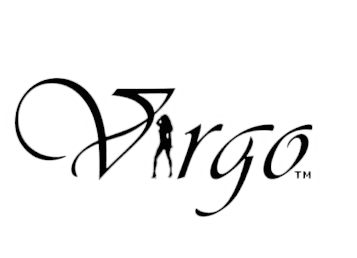Recent changes in U.S. corporate diversity, equity, and inclusion (DEI) programs have sparked debates across political, social, and economic spheres. With Donald Trump’s return to office, concerns about the future of DEI initiatives have intensified, as several companies scale back or dismantle their DEI policies.
What is DEI?
DEI refers to Diversity, Equity, and Inclusion, concepts aimed at creating fair, equitable, and inclusive workplaces. Here’s a breakdown:
- Diversity: Embracing differences in age, race, ethnicity, gender, religion, and other factors.
- Equity: Ensuring equal opportunities and fair treatment.
- Inclusion: Fostering a culture where individuals feel safe and valued for their ideas and perspectives.
Why DEI Matters
Originally rooted in 1960s anti-discrimination laws, DEI has evolved into a strategic business imperative. Research by Catalyst found that companies with inclusive cultures experience:
- A 59.1% boost in creativity and innovation.
- Less discrimination and harassment, especially for women.
DEI has also been integral to the “social” pillar in Environmental, Social, and Governance (ESG) frameworks, with major investments following the 2020 racial justice movement.
Challenges Facing DEI Programs
- Political Shifts: The 2024 U.S. election has heightened scrutiny of DEI policies, leading to cutbacks by some companies.
- Economic Pressures: Rising costs and financial uncertainty prompt businesses to reassess non-core investments.
- Critiques of DEI: Some argue that DEI initiatives amount to reverse discrimination or fail due to poor implementation and inadequate training.
- Measurement Difficulties: Bias in data collection and inconsistent metrics hinder accurate assessments of DEI success.
Companies Scaling Back DEI Efforts
Several high-profile companies have scaled back their DEI programs recently:
- Amazon: Removed worker protection policies and solidarity pledges for Black employees from its website.
- Meta: Ended major DEI programs alongside its fact-checking initiative.
- McDonald’s: Stopped setting aspirational representation goals and paused external inclusion surveys.
- Walmart: Ceased funding racial equity centers and removed race and gender as diversity criteria for suppliers.
- Ford: Opted out of the HRC Corporate Equality Index.
- John Deere: Ended sponsorship of social and cultural awareness events.
Generational Attitudes Toward DEI
Despite setbacks, younger generations—Gen Z and millennials—continue to prioritize DEI in the workplace. According to an EY study, 63% of respondents value DEI when choosing employers, making it a key factor for future workforce retention and recruitment.
What’s Next for DEI?
The future of DEI depends on political, economic, and societal factors. Companies with strong executive commitment to DEI may continue to thrive in inclusivity, while others will scale back amid controversy and financial strain.
Takeaway
As DEI initiatives face increasing challenges, understanding their purpose and value is critical. While some companies back away, the push for fair and inclusive workplaces remains a priority for many employees and businesses striving to balance ethics with profitability.






